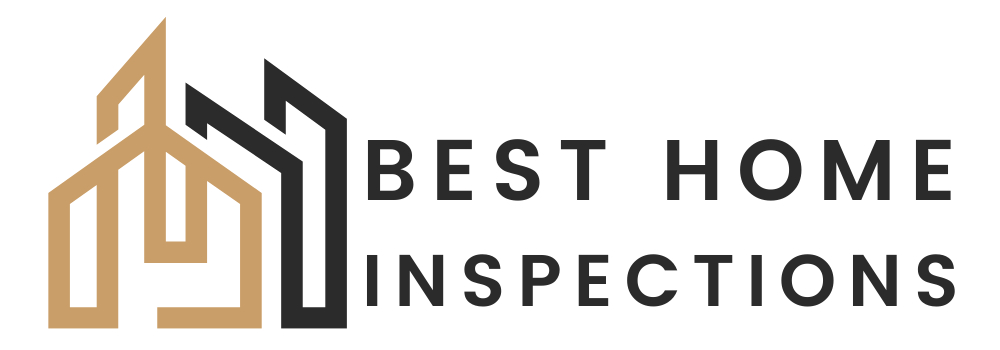What Does the Home Inspection Process Look Like?
Whether you’re buying a home, preparing to sell your property, or simply keeping up with regular home maintenance, Best Home Inspections delivers reliable, high-quality service from your very first call. Our certified home inspectors are dedicated to providing a thorough and educational experience.
We follow the Standards of Practice set by Best Inspection Association, a trusted leader in the home inspection industry. During your home inspection, we assess all major systems and components, identifying issues that may require immediate attention and noting any signs of deferred maintenance.
After the walkthrough, we’ll review the home’s overall condition with you and your real estate agent, discussing any significant findings in plain language. You’ll receive a detailed, easy-to-understand home inspection report, delivered in both HTML and PDF formats, complete with photos and descriptions of everything we covered. Not only does this report give you a clear, visual summary of the home, but it also empowers you to make informed and confident decisions.
5 Benefits of a Home Inspection
Negotiations Leveraged
Buyers can use the inspection report to negotiate a better price or ask for repairs, while sellers can choose to address issues before listing to justify their asking price.
Ensures Your Safety
A home inspection evaluates critical safety concerns such as electrical hazards, carbon monoxide risks, mold, and structural integrity.
Prepares You For the Future
We can point out components near the end of their lifespan (such as HVAC systems or water heaters) so you can budget accordingly.
Garners Trust
Sellers who conduct pre-listing inspections can show transparency and build buyer trust, potentially leading to quicker offers and smoother negotiations.
Grants Peace of Mind
Knowing the condition of the home helps you feel confident in your purchase or sale and reduces surprises after the transaction.
What's Included in a Home Inspection?
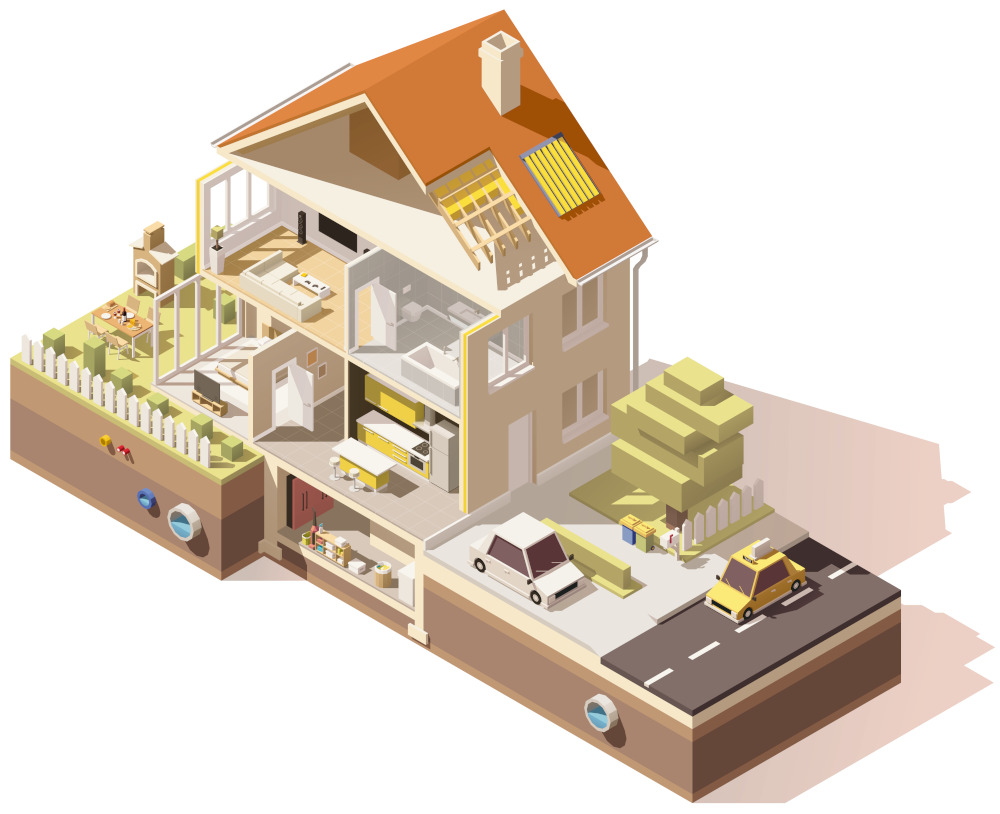

Roof
Roof coverings, gutters, downspouts, vents, flashing, skylights, chimney, roof penetrations and the general structure of the roof.
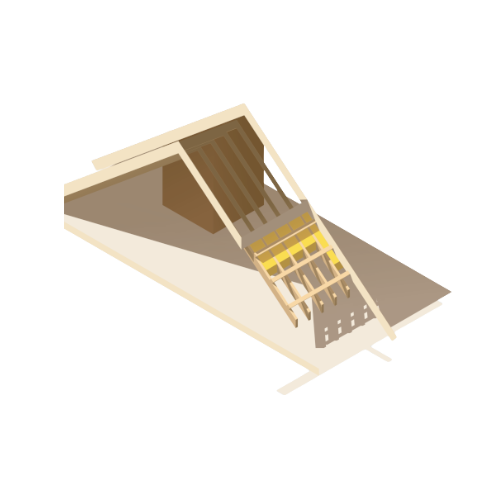
Attic, Insulation, Ventilation
Insulation and ventilation of unfinished spaces, including attics, crawl spaces, foundation areas and exhaust systems.
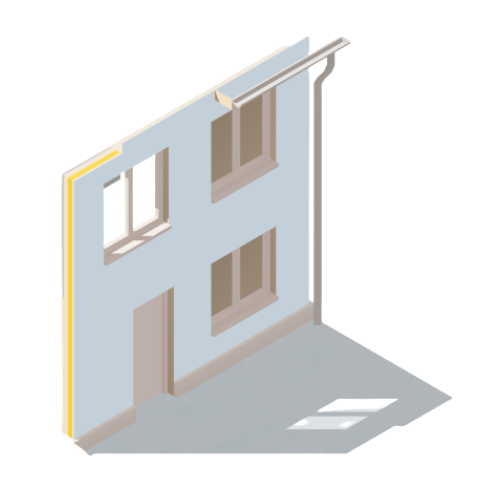
Exterior
Siding, windows, exterior doors, flashing & trim, walkways, driveways, stairs, patios & decks, and drainage.
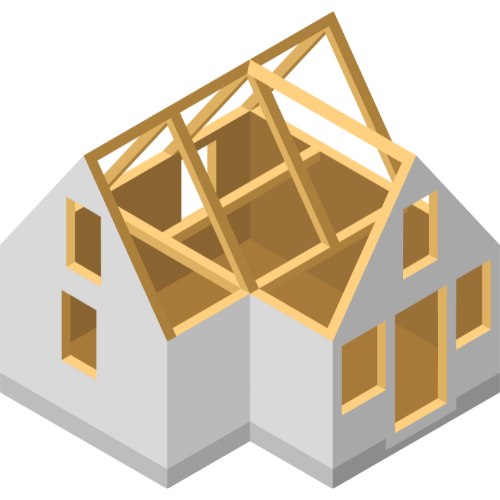
Basement, Foundation, Crawlspace, Structure
Foundation movement, cracks, structural concerns, and indication of water penetration.
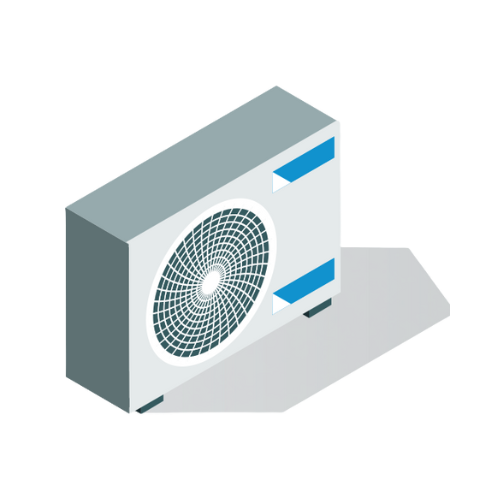
Cooling
Cooling system, location of thermostat, energy source and cooling method.
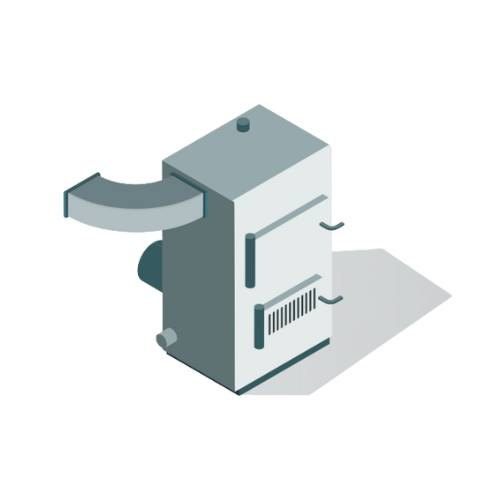
Heating
Heating system, location of thermostat, energy source and heating method.
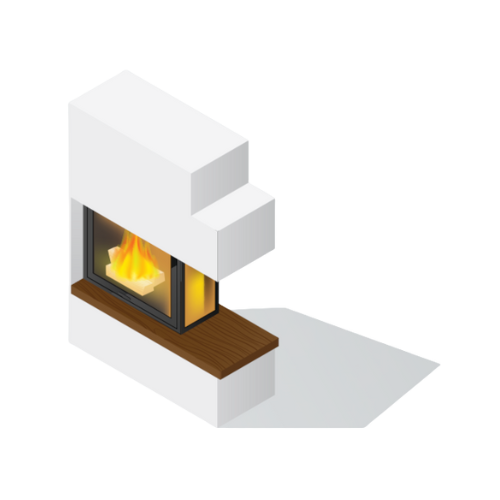
Fireplace
Visible portions of the fireplace & chimneys, lintels, damper doors, and cleanout doors & frames.
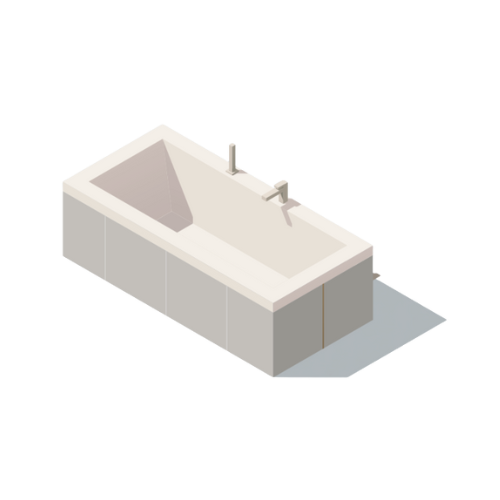
Plumbing
Main water & fuel supply shut-off valves, water heater, interior water supply, toilets, sinks, tubs, showers, drain, waste and vent systems.
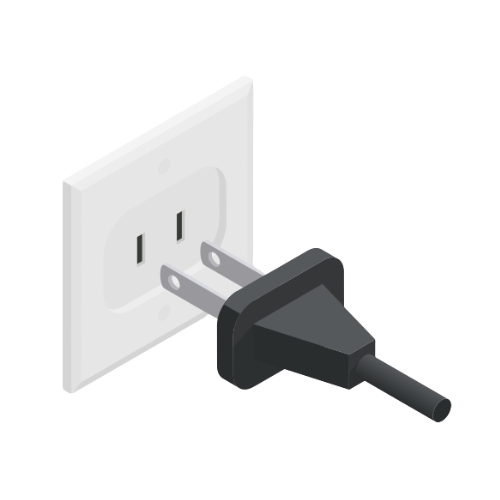
Electrical
Service drop, overhead service conductors, service head & mast, main service disconnect, panelboards, grounding, switches, light fixtures, receptacles deemed to be AFCI & GFCI, and the presence of smoke alarms & carbon monoxide detectors.
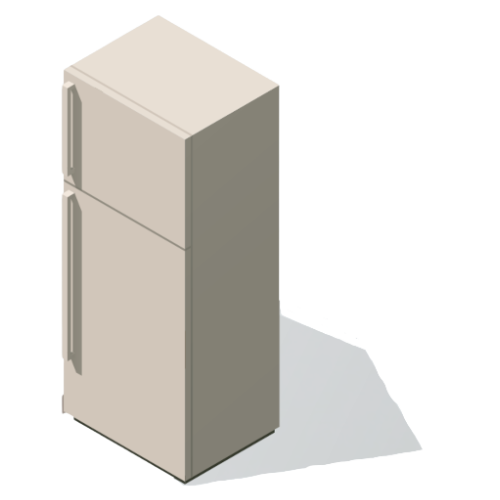
Appliances
Dishwasher, disposal, range, oven, microwave, refrigerator, exhaust, bathroom heater, garage door, doorbell, and dryer vent

Pool
Circulation, heating, filtering, electrical, water chemistry, and possible safety issues.

Doors, Windows, Interior
Representative number of doors & windows, floors, walls, ceilings, stairs, railings, garage door and openers.

